There are many reasons for leaving one's homeland and moving to another country. Many residents of the post-Soviet Slavic republics are now leaving their homes and moving abroad in search of stability and security. There are many attractive and popular countries in the world to relocate to. However, some are currently experiencing or expecting political upheaval, some are implementing unpopular reforms and some are saying 'today is not like yesterday'. This blog presents a number of countries whose economic and political situation is not in doubt in the near future.
Spain
The Kingdom of Spain is a highly developed European country with a high quality of life, covering 85% of the Iberian Peninsula. The country's favourable geographical location and diversity of climatic and natural zones allow residents to choose the best place to live. A well-developed transport infrastructure allows fast and comfortable travel on both national and international routes. Spain is one of the most visited countries in the world every year.
Quality of life indices: Madrid - 192, Barcelona and Valencia -214, Magaga - 185 (the higher the number, the higher the quality of life in the selected city). The analytical portal Numbeo provides the following data on the cost of living in Madrid.
Cost per square metre for buying a property in the centre: €4,500 - €7,300, in other areas: €2,800 - €5,000. Approximate monthly expenditure for a family of four (excluding property rent) is €2,800, for a single person €800. Average prices of major goods and services in the city:
- Renting a 1-bedroom apartment per month: centre - €1,650-1,800; other districts - €800-1,300;
- Lunch for two in a middle-class restaurant - 60 euros;
- Bottle of water (0.33 litre) - 0.7 euro;
- White bread (500 g) - 1.45 euros;
- Public transport - 1.5 euro;
- Petrol (1 litre) - 1.7 euros;
- Basic utilities (per month for an 85 m2 apartment) - 150 euros;
- Standard mobile phone tariff (per month) - 14 euros;
- Unlimited Internet (per month) - 30 euros;
- Access to the fitness centre (per month) - 43 euros.
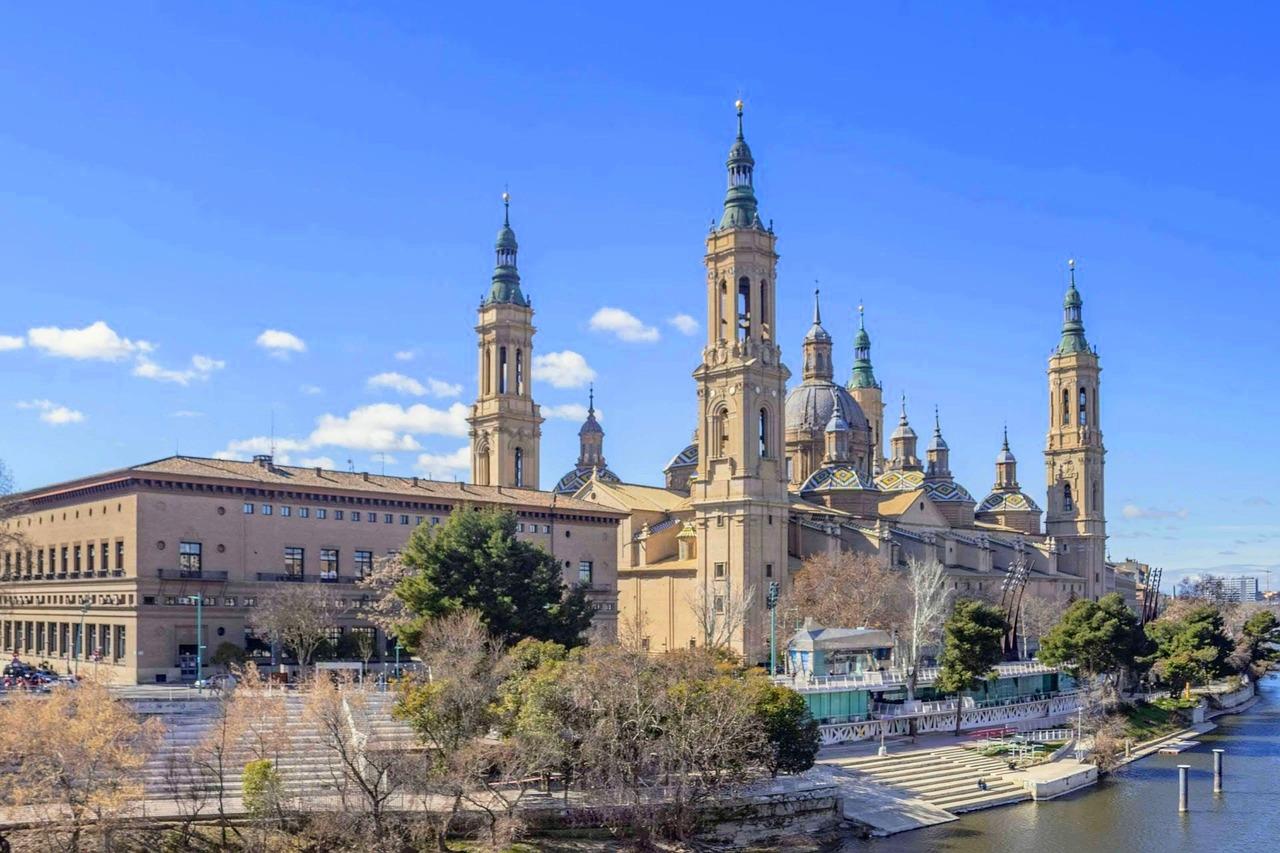
Spain is famous for its resorts and its perfectly developed tourism and entertainment industry. The depth of its contribution to the world's cultural and artistic heritage is the envy of any country. The birthplace of bullfighting has given the world a host of great artists and composers, singers and performers. But Spain is not only proud of Don Quixote or the paintings of Pablo Picasso. There is a high level of science, education, shipbuilding, engineering and high technology. The country is a world leader in alternative energy and agriculture. Spain is a training centre for polytechnics, advanced technologies, design, tourism, hotels and restaurants.
Students from many countries are attracted by the accessibility of education, modern teaching methods and the worldwide recognition of their diplomas.
Much attention is paid to ecology, and sport has become part of the national culture. The most popular sports are football, basketball, tennis, cycling, motor racing and sailing. Spaniards are among the ten healthiest and happiest people in the world. They are generally friendly and courteous to people from other countries. Spaniards are freedom-loving and independent, with a high level of education and culture. Family values have been honoured here for centuries, which is why holidays and celebrations at home have become a good tradition.
Official status in the country
A Spanish residence permit is granted for study, work, family reunification, digital nomad visa holders or investors. It requires:
- Buying a property - from 500,000 euros;
- Opening a deposit in a Spanish bank or investing in shares of local companies - from 1,000,000 euros;
- Purchase of government bonds for a minimum of 2,000,000 euros.
In this case, the status is granted not only to the investor but also to the members of his family. After five years of living in Spain, the applicant can count on the status of permanent resident, and after ten years - to obtain citizenship.
The advantages of living in the country:
- High standard of living;
- Qualified medical care;
- Low prices for goods and services by Western European standards;
- pleasant climate, excellent quality of food;
- The social security system is recognised as one of the most efficient in Europe;
- High level of security;
- Language relatively easy to learn.
Disadvantages of living in the country:
- Recently there have been problems with employment;
- bureaucracy in the work of government and licensing authorities;
- High tax rates;
- expensive electricity (you can choose the supplier);
- Difficulties in renting an apartment.
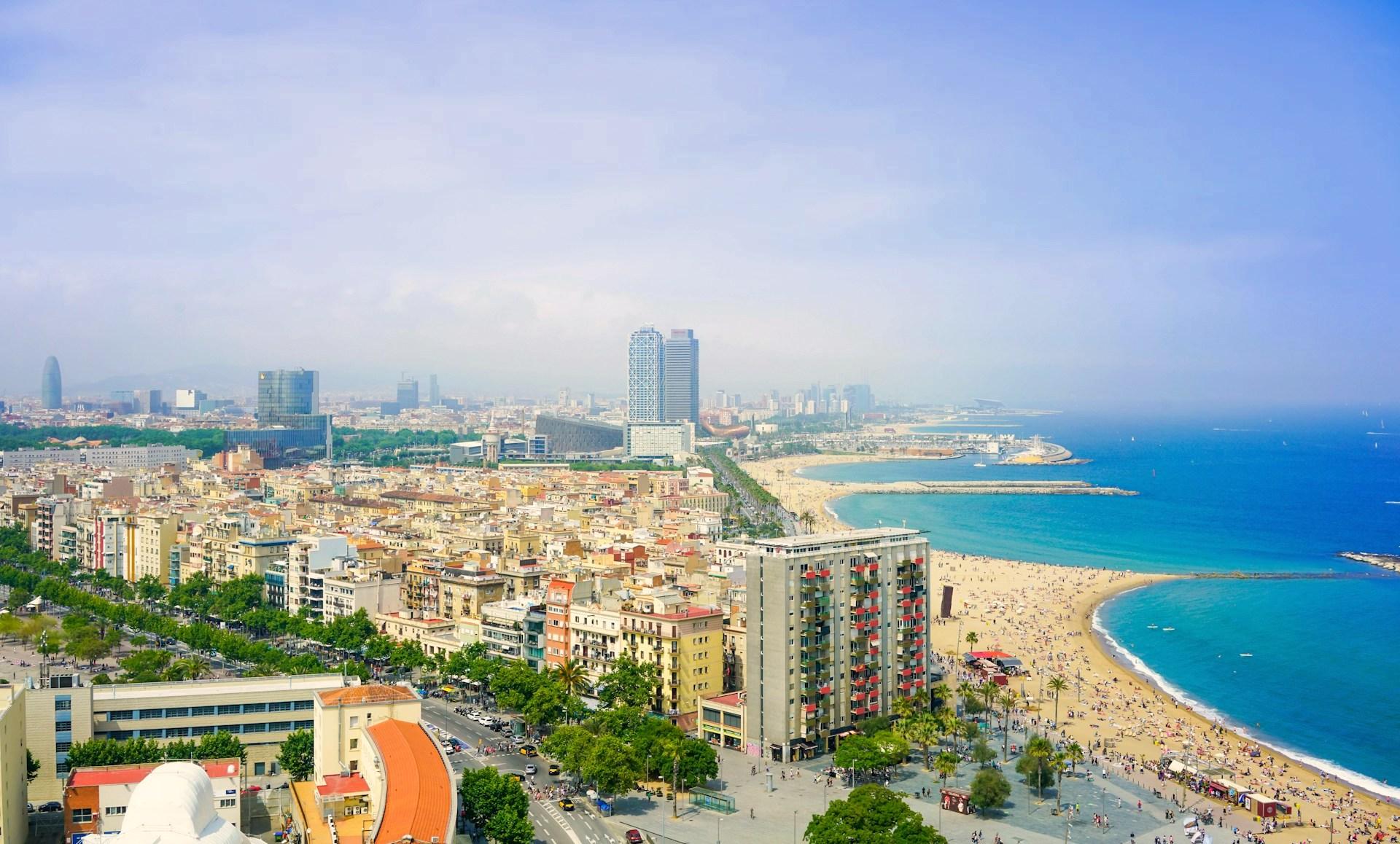
United Arab Emirates
Over the past 50 years, the UAE has transformed itself from an underdeveloped country into a 'flourishing oasis', thanks to competent domestic policies and the fair distribution of profits from the sale of the country's rich natural resources. The UAE is located on the Persian Gulf and consists of seven emirates. Dubai, Abu Dhabi and Sharjah are the most popular among residents of the post-Soviet region.
The standard of living in the country can be seen from the airports. In the UAE you can see modern architectural masterpieces, luxury shops, Lamborghini police and ski resorts in the desert.
Quality of life indices: Dubai - 173, Abu Dhabi - 191. Cost per square metre to buy a property in the centre of Dubai: 3,000 - 8,000 thousand euros, in other areas: 1,500 - 4,000 Euros. Approximate monthly expenditure for a family of four (excluding property rent) is €3,500, for one person €1,000. Average prices of major goods and services in Dubai:
- Renting a 1-bedroom apartment per month: Centre - €1,350-3,000; Other areas - €850-1,700;
- Lunch for two in a middle-class restaurant - €75;
- Bottle of water (0.33 litre) - 1 euro;
- White bread (500 g) - 1.45 euros;
- Public transport - 1.73 euros;
- Petrol (1 litre) - 0.7 euro;
- Basic utilities (per month for an 85 m2 apartment) - €182;
- Standard mobile phone plan (per month) - 51 euros;
- Unlimited Internet (per month) - 90 euros;
- Access to the fitness centre (per month) - 80 euros.
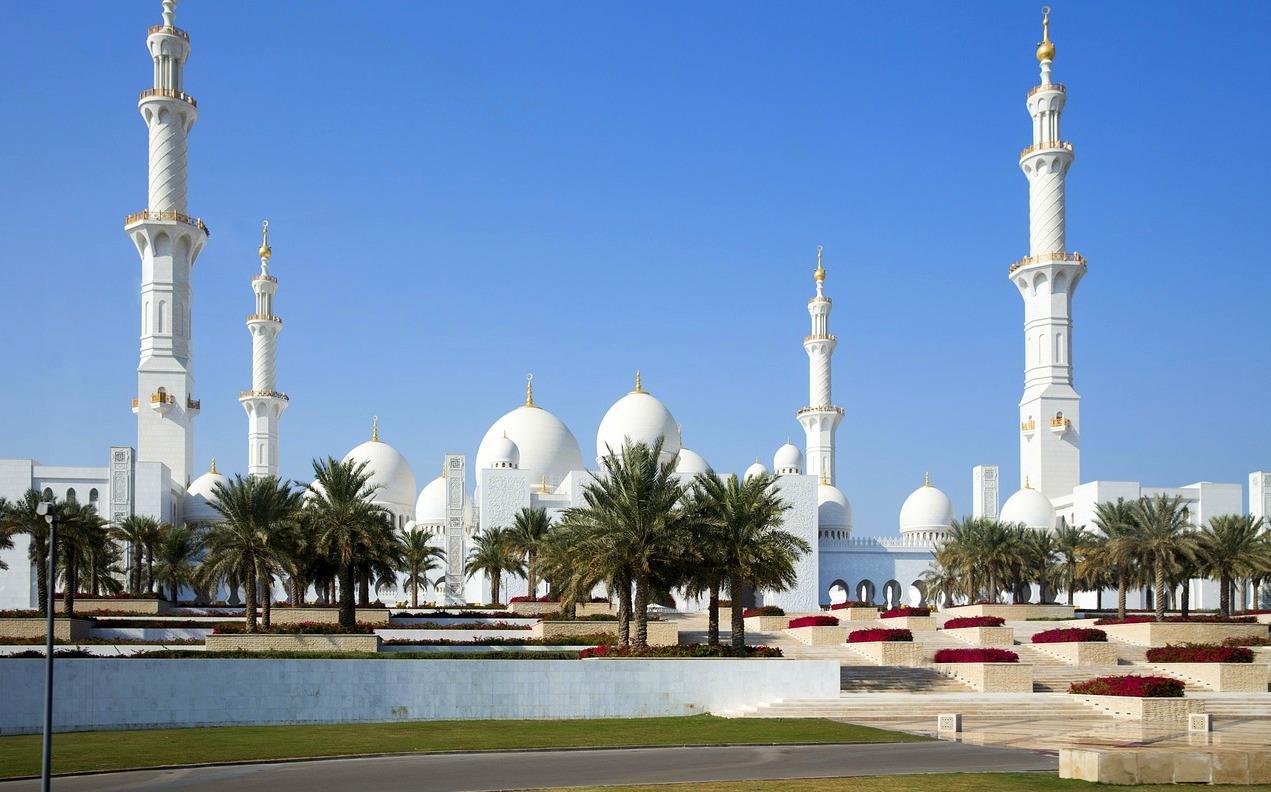
The United Arab Emirates is a multi-ethnic Islamic state with an indigenous population of just over one per cent of the total. The economy is based on oil and gas production, with construction also making a significant contribution to the country's GDP. There is entertainment for all tastes during the day, but be aware of the strictness and unfamiliarity of local laws and traditions. There are cases where a foreigner does not even realise that he has become an offender. The Emirates are considered one of the most favourable countries for doing business. It is very easy to register a company here.
The government also creates additional conditions to attract foreign capital. The country has a minimal unemployment rate, but most vacancies are in the trade and services sectors. The UAE has a highly developed medical system, with clinics staffed by highly qualified specialists and equipped with the latest technology. The government plans to make the country a centre for medical tourism. Citizens receive free medical services in government institutions, and medical insurance is compulsory for expatriates. Social policy in the UAE is primarily aimed at supporting its own citizens. Expatriates can expect partial support from the government.
Official status in the country
The term "residence permit" does not exist in the country's legislation. Instead, residence visas are issued for a period of 1 to 10 years, which are in great demand among foreigners. They live on the visa for decades. The term CoML is also missing here. This is because it is virtually impossible for a foreigner to become a citizen of the UAE. It is possible to obtain an Emirati passport by birth, marriage to a local resident or for special services to the state. A residence permit is issued for the purchase of real estate worth at least USD 205,000. It is possible to invest in local businesses for a minimum of USD 2,722,570. In addition, you can be employed by a company registered here, enrol in a local university or participate in the special Retire in Dubai pension scheme. Registration of the applicant's residence permit gives the opportunity to obtain visas for all family members. Outstanding doctors, engineers and other highly skilled professionals can obtain a Golden Visa for 10 years.
Advantages of living in the country:
- High standard of living;
- Virtually no crime;
- Developed infrastructure;
- Perfect entertainment and leisure industry;
- Low unemployment, multi-ethnic society;
- qualified medicine.
Disadvantages of living in the country:
- Hot climate (especially in summer);
- High consumer prices;
- Smoking is allowed in many restaurants.
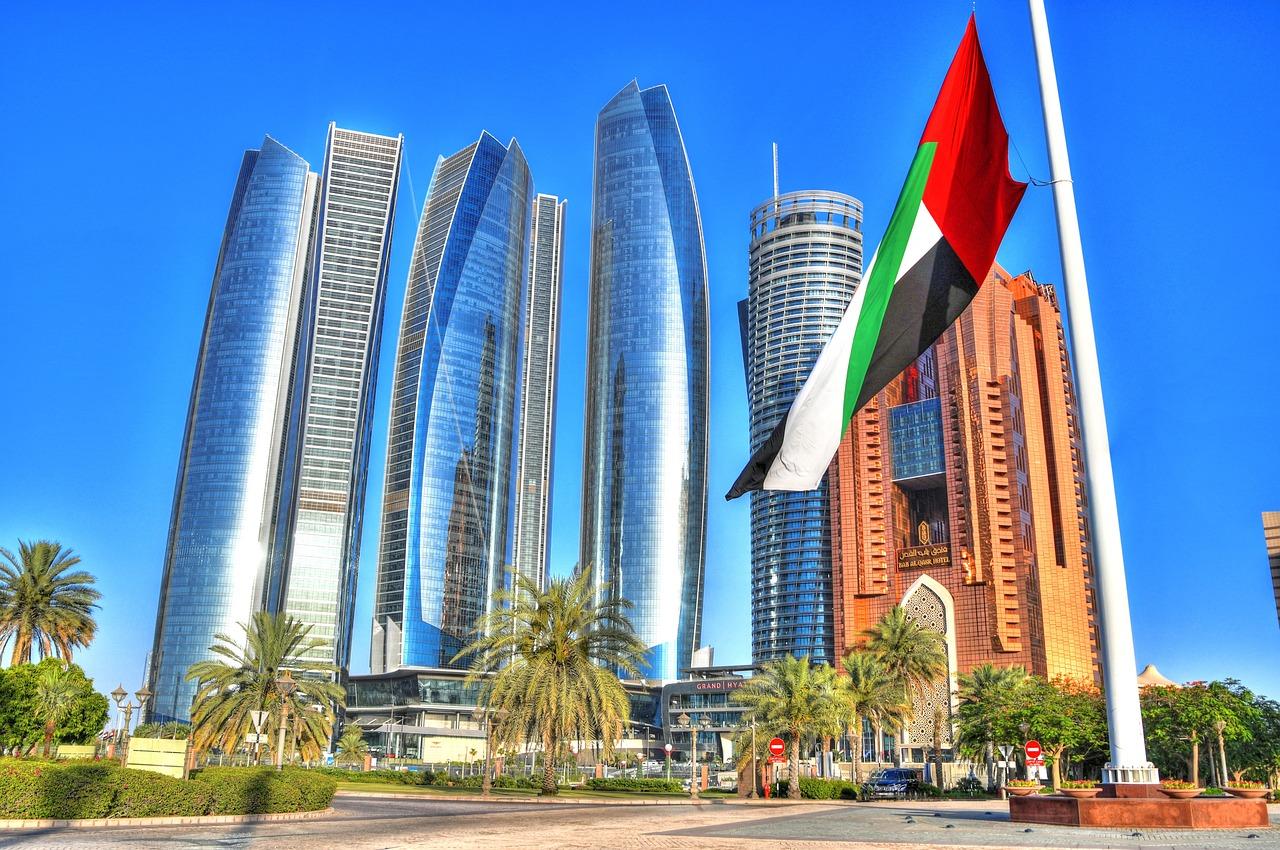
Portugal
The westernmost country in continental Europe is washed by the Atlantic Ocean. Portugal serves as the western gateway to the continent, and the importance of the transatlantic air and sea routes into the country is almost incomparable. Many of its natives were famous navigators and explorers. In 2023, Portugal was voted the best tourist destination in the European Union. The quality of life is high, as the following figures show.
Quality of life indices: Lisbon - 166, Porto - 190. Cost per square metre to buy a property in the centre of the capital: 4,200 - 7,300 thousand euros, in other areas: 2,000 - 4,400 euros. Approximate monthly expenditure for a family of four (excluding property rent) is 2,600 euros, for one person - 750 euros.
Average prices of major goods and services in the capital:
- Renting a 1-bedroom apartment per month: centre - 1,000-1,800 euros; other districts - 700-1,300 euros;
- Lunch for two in a middle-class restaurant - 50 euros;
- Bottle of water (0.33 litre) - 1.3 euros;
- White bread (500 g) - 1.40 euros;
- Public transport - 2 euros;
- Petrol (1 litre) - 1.8 euros;
- Basic utilities (per month for an 85 m2 apartment) - 135 euros;
- Standard mobile phone tariff (per month) - 22 euros;
- Unlimited Internet (per month) - 38 euros;
- Access to the fitness centre (per month) - 40 euros.
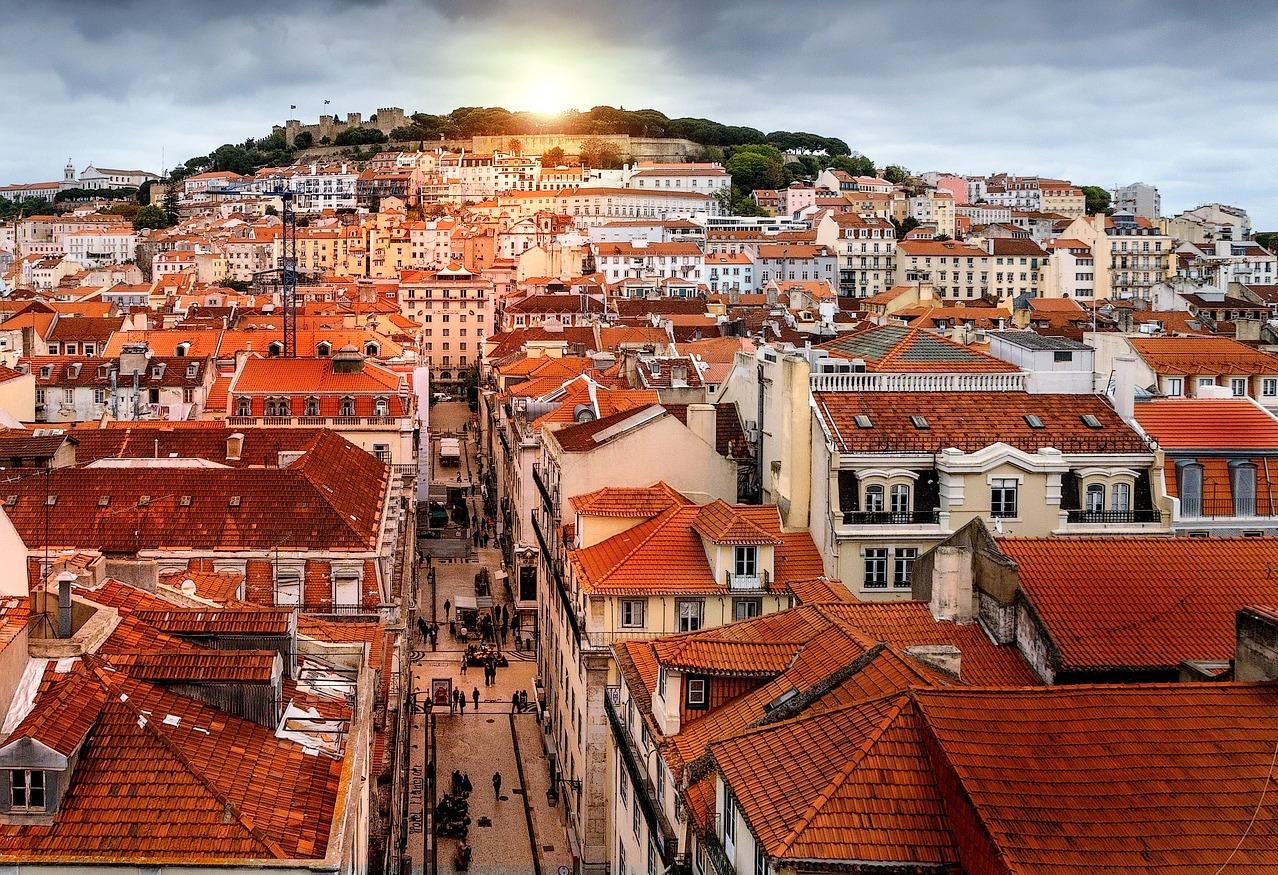
In one way or another, the life of the Portuguese Republic is inextricably linked to the sea: shipbuilding, maritime logistics and fishing have developed in the country. Mechanical engineering, petrochemicals, electrical and light industry and, of course, agriculture are also important to the economy: wine, olive oil and canned fish have made the country famous throughout the world. Portugal is intensively developing nanotechnology, for which the state is creating maximum conditions. In 2021, the world's first settlement for digital nomads will be established here. Education in the country is affordable and prestigious: some Portuguese universities are developing study programmes with colleagues from the UK, issuing double diplomas upon graduation.
Free medical care is guaranteed to all residents who pay into the social security fund. The state strives to make medicine universally accessible and financially sufficient. Medical services meet the highest standards. Traditional national dishes are based mainly on freshly caught seafood and vegetables. The Portuguese people are sociable, emotional and hospitable. They openly display a positive attitude to life. Most people speak English, especially in the cities.
Official status in the country
There are five ways for investors to obtain a Portuguese residence permit:
- Contribution to the renovation of cultural heritage sites - from 250,000 euros;
- Purchase of shares in investment funds or investment in scientific projects - from 500,000 euros;
- Contribution to a local company and creation of at least 5 jobs - from 500,000 euros;
Opening your own business with at least 10 jobs. It is enough to spend no more than a week in the country.
Holders of D7, Digital Nomad and HQA visas are not required to invest, but must spend at least 8 months a year in the country. They are also required to have a certain amount of income. After five years, residents can apply for permanent residency or citizenship. In this case, they must pass a language test.
Advantages of living in the country:
- High standard of living;
- Low consumer prices compared to other EU countries;
- Friendly local population;
- Favourable climatic conditions, clean ecology;
- developed infrastructure, many architectural monuments;
- Qualified medical service;
- reasonable level of security.
Disadvantages of living in the country:
- Bureaucratic delays in processing documents;
- Difficulties in learning Portuguese;
- Narrow streets in the centres of major cities make parking difficult;
- Prepayment of a year's rent for rented accommodation.
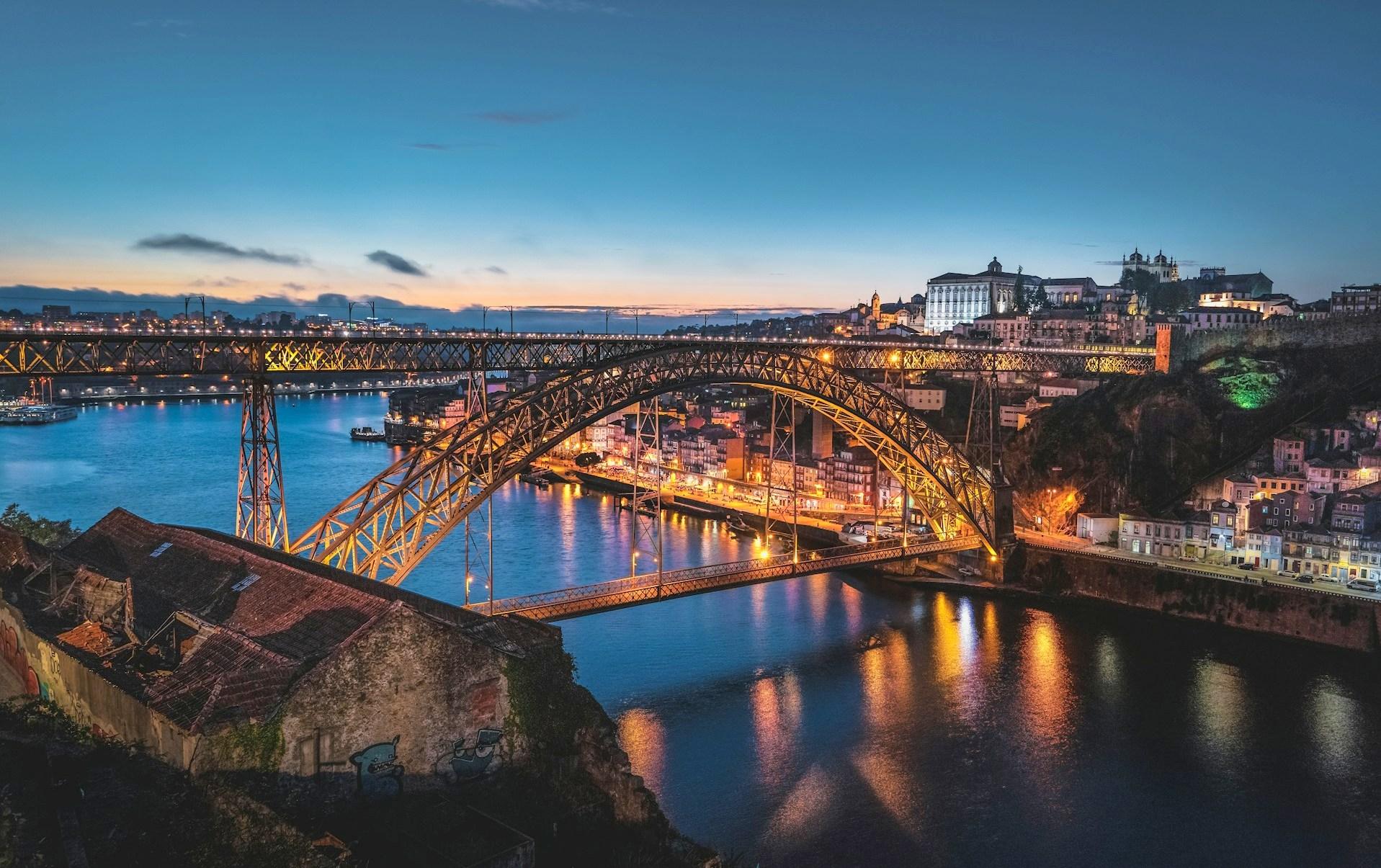
Cyprus
The Republic of Cyprus is an island nation in the eastern Mediterranean. Millions of foreigners and locals love and appreciate it for its first class resorts, azure blue Mediterranean Sea, unique historical monuments, sunny weather and delicious cuisine. Cyprus has become one of the most popular and rational relocation destinations for both EU citizens and third countries. This is evidenced by the fact that the country leads the EU in the number of properties sold. The quality of life on the island is constantly improving, as the following figures show. Quality of life indices: Nicosia - 156, Limassol - 150. The cost per square metre when buying a property in the centre of Limassol: 3 500 - 6 000 thousand euros, in other areas: 2 500 - 4 000 euros. Approximate monthly expenditure for a family of four (excluding property rent) is €3,500, for one person €1,000. Average prices of major goods and services in Limassol:
- Rent of an apartment (1 bedroom) per month: centre - 1 200-1 900 euro; other areas - 900-1 500 euro;
- Lunch for two in a middle class restaurant - 65 euros;
- Bottle of water (0.33 litre) - 0.9 euro;
- White bread (500 g) - 2 euros;
- Public transport - 2 euros;
- Petrol (1 litre) - 1.45 euros;
- Basic utilities (per month for an 85 m2 apartment) - 200 euros;
- Standard mobile phone tariff (per month) - 20 euros;
- Unlimited Internet (per month) - 32 euros;
- Fitness centre (per month) - 70 euros.
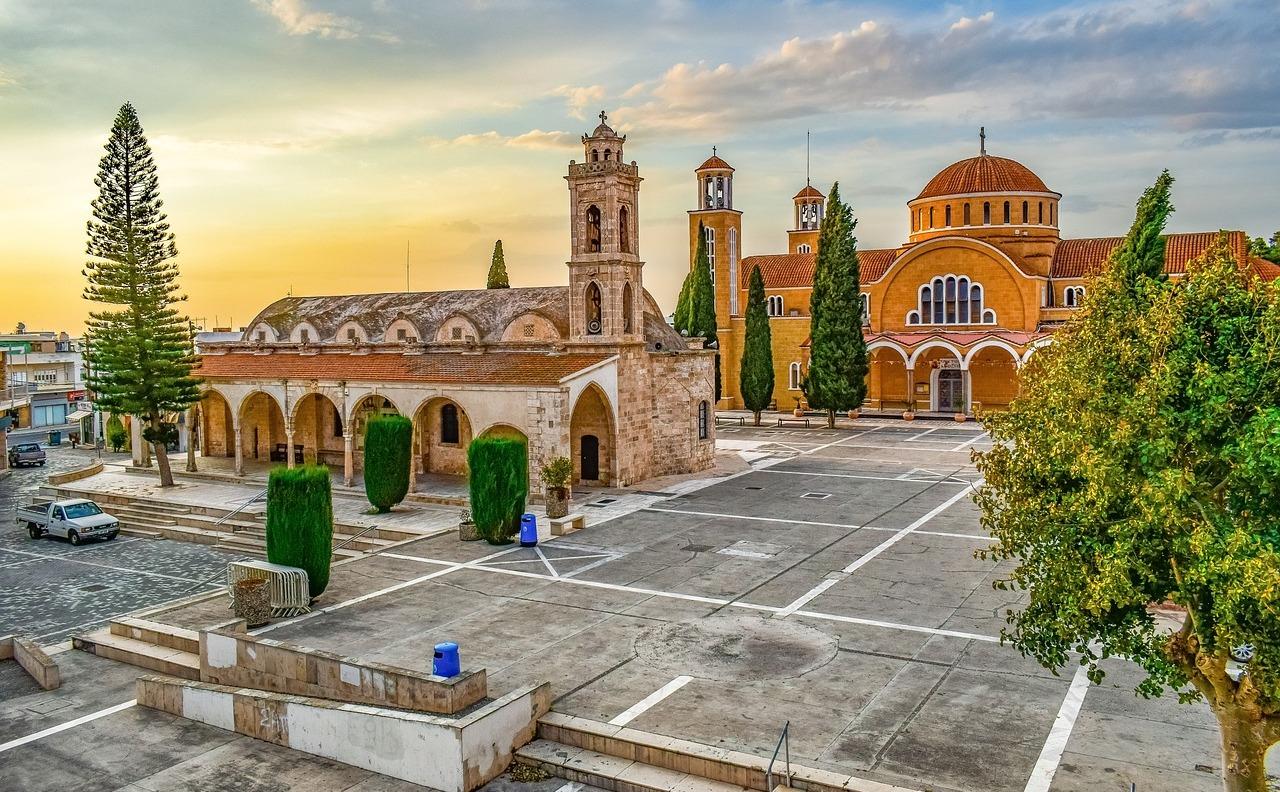
The country's leading industries are tourism, construction, shipping and banking. They also include agriculture and the growing renewable energy industry. The Cypriot government is developing and implementing targeted programmes to attract the right skilled workers to the country. An association of IT companies has been set up to accelerate the development of innovative technologies. A favourable tax system is conducive to business development. There are seven universities in the country with strong international links. Today, Cyprus has the highest percentage (30%) of working-age citizens with higher education in the EU.
Local medicine is up to date with the latest equipment and technology. The national health programme GESY has proved its worth. Communication with the outside world is provided by seaports and two civil airports in Larnaca and Paphos, and there is a well-developed network of motorways within the country. The rich cultural heritage of Cyprus includes numerous cultural and historical monuments. The local cuisine is tasty, healthy and varied. The Cypriot people are friendly to foreigners and speak good English.
https://dom.com.cy/en/live/blog/permanent-residence-in-cyprus-relocation-and-ways-of-obtaining/
Official status in Cyprus
There are several ways to obtain a temporary residence permit (TPR) under Cypriot law. These include:
- Family reunification or marriage;
- Employment or internship;
- Digital Nomad Visa;
- Voluntary or academic work;
- Studying at a local school or university.
Holders of a residence permit must reside on the island for at least 183 days per year and may not leave the island for more than three months.
A residence permit can be obtained in Cyprus in the following ways
Investment in real estate, securities or shares in Cypriot companies of at least €300,000;
under the Immigration Agreement for financially independent persons, entrepreneurs and highly qualified professionals;
after 5 years of residence in the country with residence permit status.
Permanent residence status is granted for life, but the card must be renewed every 10 years. In order to ensure that the residence permit has not been cancelled, 1 must come to the island every two years.
Cyprus citizenship can now be obtained by naturalisation, which means that it is necessary to move to Cyprus. In this case, a number of conditions must be met:
- Residence on the island for at least 5 years if the basis for citizenship is marriage to a Cypriot citizen or permanent residence;
- A certificate of good conduct in the last country of residence, confirming that no criminal offences have been committed in Cyprus during this period;
- Proof of stable income: employment in Cyprus, running your own business here or in another country, other legal income;
- Passing an examination on knowledge of the language, history and culture of the country.
- The main criterion for obtaining Cypriot citizenship is the necessary and sufficient period of residence in the country. At the same time, it is worth avoiding any violation of order and legislation.
Advantages of living in the country
- Low crime rate;
- Excellent beaches and conditions for recreation;
- moderate way of life;
- Ease of doing business;
- Favourable climate and ecological situation;
- delicious and healthy Mediterranean cuisine.
Disadvantages of living in the country:
- Lengthy procedures to resolve administrative issues.
- Rising property prices;
- Most houses do not have central heating.
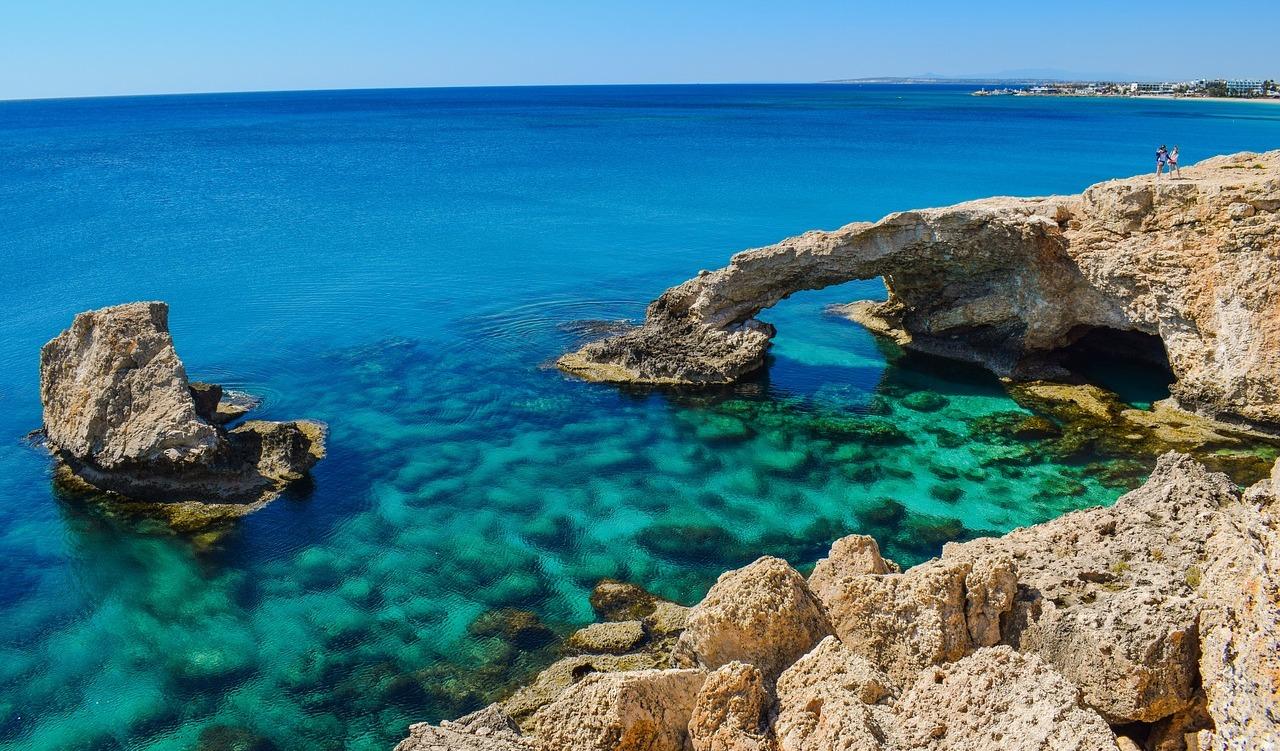
Montenegro
Montenegro is a former republic within Yugoslavia and now a small Slav state on the Adriatic coast. The country has the official status of a candidate for EU membership and the Euro is the official currency. Compared to EU countries, consumer prices in Montenegro are not high, as evidenced by the following figures.
Quality of life indices: in Podgorica - 147, in Budva - 160. Cost per square metre when buying property in the centre of Budva: 2,200 - 4,000 thousand euro, in other areas: 1,600 - 4,000 euros. Approximate monthly expenditure for a family of four (excluding property rent) is 2,500 euro, for one person - 700 euro. Average prices of major goods and services in Budva:
- Rent of an apartment (1 bedroom) per month: centre - 650-1,100 euro; other districts - 450-800 euro;
- Lunch for two in a middle-class restaurant - 50 euro;
- Bottle of water (0.33 litre) - 1.3 euro;
- White bread (500 g) - 1 euro;
- Public transport - 2 euros;
- Petrol (1 litre) - 1.5 euros;
- Basic utilities (per month for an 85 m2 apartment) - 133 euros;
- Standard mobile phone tariff (per month) - 17 euros;
- Unlimited Internet (per month) - 28 euros;
- Fitness centre (per month) - 50 euros.
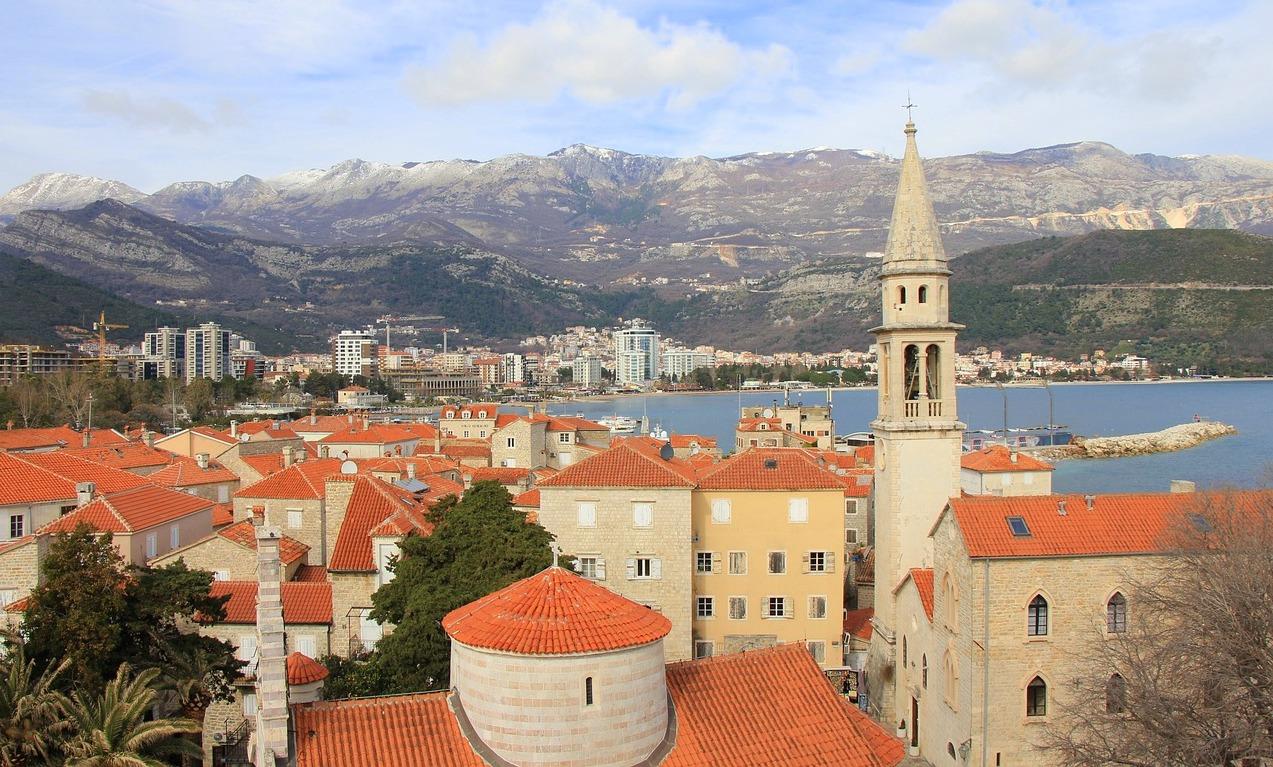
Tourism and the marine leisure industry are of primary importance to the country's economy. Leading industries include metallurgy, electrical engineering, shipbuilding and ship repair. Light industry, food industry and agriculture are also developed in the country. Montenegro has many Orthodox holy places, historical and architectural monuments, and the city of Kotor is on the UNESCO World Heritage List. Free medical care in the country is provided only by the social health insurance card. It is available to all citizens of the country and foreigners who have obtained residence permits and permanent residence permits.
The list of services covered by the card is limited. In addition, anyone can take out voluntary health insurance (VHI), which costs from 30 euros a month. The number of services that can be obtained under such a policy is much higher and includes emergency dental care. The country has three universities, all located in the capital, Podgorica. The traditional ingredients of the local cuisine are fish, meat and vegetables. Pies, cheese and delicious local ham are popular in Montenegro. The most popular drinks are wine, beer and coffee. There are large shopping centres in the capital. The weak points are the limited range of goods and the underdeveloped home delivery service. Some things have to be bought in neighbouring Serbia or Croatia. Montenegro has a mild climate with no frosty winters, but it often rains in winter. The local population is hospitable and helpful to newcomers. The official language is Montenegrin, which should not cause any problems for Russian speakers.
Official status in the country
A residence permit in Montenegro is granted to
- Foreigners who open a company here;
- Official employees of companies;
- Family members of persons residing in the country;
- Students studying at higher education institutions in the country;
- Digital Nomad visa holders. In this case, the applicant must work remotely for a foreign company and have a monthly income of at least 1350 euros;
- Foreign property owners for one year. The type of property and its value are irrelevant. It is important to maintain ownership of the property, otherwise the residence permit will be cancelled.
Permanent residence in Montenegro is granted to foreigners who have lived in the country for at least 5 years with a residence permit. In this case, they should not leave the country for more than 6 consecutive months or a total of more than 10 months in 5 years. Residence permit status is indefinite, but the card must be renewed every 5 years. Dual citizenship is prohibited in Montenegro: naturalised citizens must renounce their first citizenship.
Advantages of living in the country:
- Reasonable prices for property and consumer goods;
- Low crime rate;
- Tasty and high quality food;
- Great attention to ecology, mild climate;
- hospitality of the local population.
Disadvantages of living in the country:
- Lack of medical specialists;
- relatively low salaries;
- lack of central heating in houses;
- shared border with Kosovo.
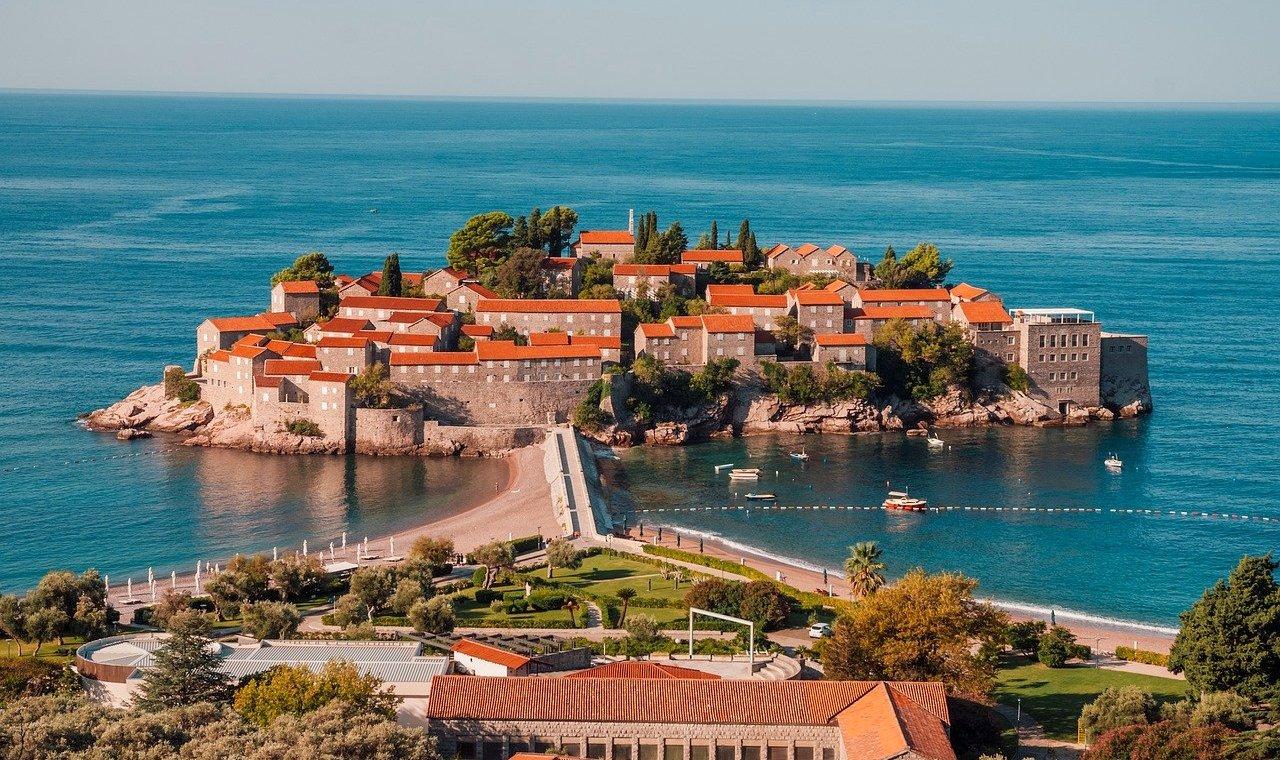
Read also:

